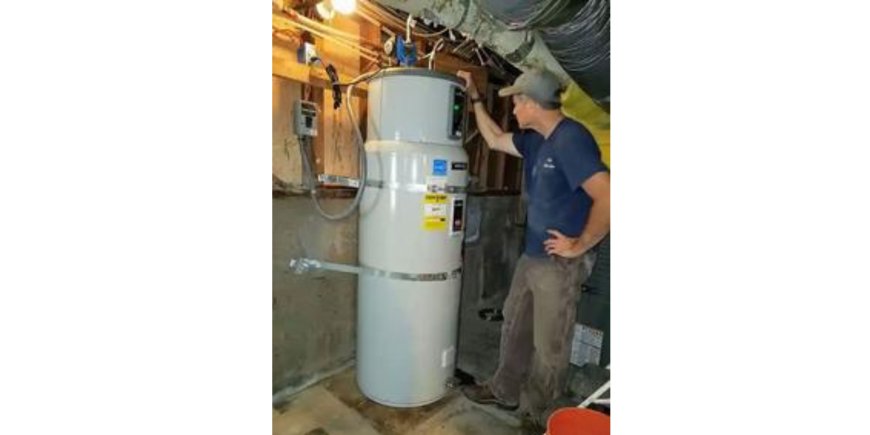A Step-By-Step Guide To Troubleshooting Common Water Heater Issues!
When your water heater suddenly stops working or behaves unpredictably, it can disrupt your daily routine. Whether it's a lack of hot water, strange noises, or leaks, understanding how to troubleshoot these issues can save you time, money, and frustration. This guide will walk you through the most common water heater problems and provide practical solutions.

When your water heater suddenly stops working or behaves unpredictably, it can disrupt your daily routine. Whether it's a lack of hot water, strange noises, or leaks, understanding how to troubleshoot these issues can save you time, money, and frustration. This guide will walk you through the most common water heater problems and provide practical solutions.
If you're in need of professional assistance, you might consider calling Better Water Heaters for the best water heater repair in Milpitas.
But before calling in the pros, let's see if you can handle the issue yourself.
No Hot Water
The first thing you should do if you're getting no hot water is to check the power supply. For electric water heaters, make sure the unit is properly plugged in. Sometimes, the problem could be as simple as a tripped circuit breaker. Check your electrical panel and reset the breaker if needed.
If the power supply is fine, the next step is to check the thermostat. It controls the temperature of the water in the tank. Make sure it's set to a temperature that's suitable for your needs. A common setting is around 120°F. If the thermostat is faulty, it may need to be replaced.
Water Not Hot Enough
If your water is warm but not hot enough, you might need to adjust the temperature setting on the thermostat. A setting of 120°F is typically recommended for most households. If it's set lower, increase it and see if that resolves the issue.
Sediment build-up in the tank can also reduce the efficiency of your water heater. Over time, minerals from the water can settle at the bottom of the tank, insulating the water from the heating element. If you suspect sediment build-up, consider flushing the tank. This involves draining the tank to remove the accumulated sediment.
Strange Noises Coming from the Tank
If you hear rumbling or popping sounds coming from your water heater, it's usually a sign of sediment build-up. The noise occurs when the heating element heats the water trapped in the sediment. Flushing the tank should help eliminate these noises.
Corrosion can also cause unusual noises. Inspect the anode rod, which is designed to prevent rust and corrosion inside the tank. If it's heavily corroded, it may need replacing. Corrosion in the tank itself might require a new water heater.
Leaks
A leaking water heater can be a serious issue. First, try to locate the source of the leak. Common leak points include the pressure relief valve, the drain valve, and the connections. Tighten any loose connections and replace any damaged valves.
The Temperature and Pressure (T&P) valve is a crucial component that prevents excessive pressure and temperature from building up in the tank. If it's leaking, it could be a sign of a faulty valve or excessive pressure. Replace the valve if necessary.
If you notice water pooling around the base of the tank, it might be cracked. A cracked tank usually means you need a new water heater, as repairs are often not feasible.
Pilot Light Issues
For gas water heaters, a common problem is a pilot light that has gone out. Follow the manufacturer's instructions for relighting the pilot. Usually, this involves turning the gas control knob to the "off" position, waiting for a few minutes, and then relighting the pilot.
Sometimes, a draft can blow out the pilot light. Ensure that the area around your water heater is draft-free. If drafts are a persistent problem, you might need to install a draft guard.
Insufficient Hot Water
If you're running out of hot water quickly, it might be due to overuse. Consider whether your household is using more hot water than usual. You might need a larger tank or a more efficient water heater.
For electric water heaters, faulty heating elements can also cause insufficient hot water. Check both the upper and lower heating elements. If one is malfunctioning, it may need to be replaced.
Troubleshooting your water heater can seem daunting, but many issues have simple solutions. By following these steps, you can often resolve common problems without professional help.
However, if you're still experiencing issues or if the problem seems too complex, don't hesitate to seek assistance from a specialist in water heater repair in Milpitas, CA, Better Water Heaters. Proper maintenance and timely repairs will keep your water heater running smoothly and efficiently for years to come.
